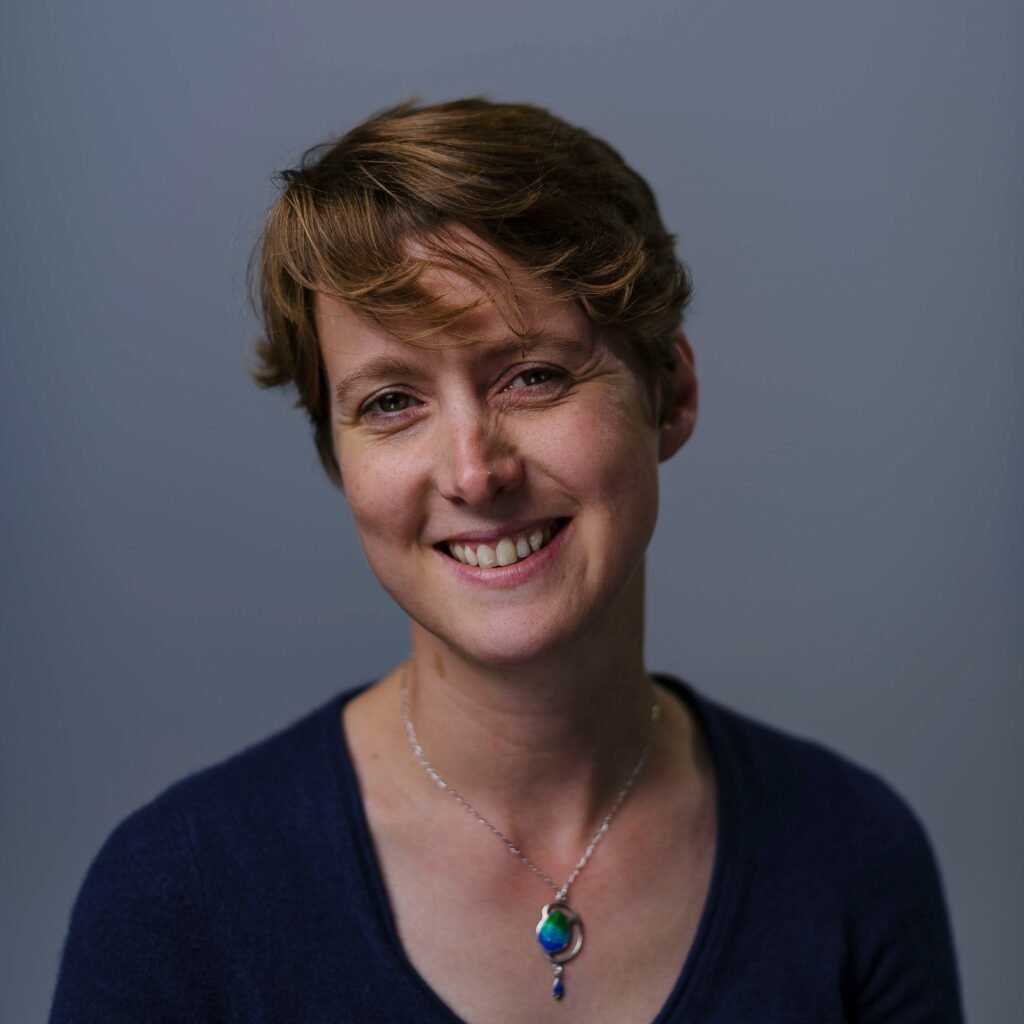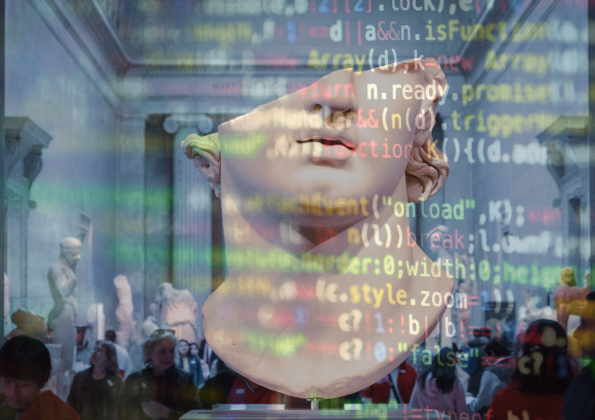The combination of Art and Artificial intelligence seems highly unlikely and until recently these 2 only existed in completely different spheres. What can be in common between Art and Algorithms based on data sets? Surprisingly, both can contribute and bring different perspectives, knowledge and understanding.
In this cross-discipline Session we bring together Digital artists, professors in data science, heritage, the arts, and archeology to discuss the recent advances and future perspective of application of AI in Arts.
Topics of discussion will include:
- AI application in archeology
- Machine intelligence in art pieces analysis
- Aerial imagery
- HR/AR of urban space
- AI in Ancient language analysis
- Digital archives for museums
Experts:

Training Humans into AI explores a number of pioneering artworks (Lynn Hershman Leeson’s Agent Ruby (2002); Mario Klingemann’s Circuit Training (2019); Kate Crawford and Trevor Paglen’s Training Humans (2020); and Luca Viganò’s The First (2021)) which offer interesting insights about the relations between humans and machines. Exploring how these artists designed their audience’s engagements with their artworks, Training Humans into AI show how we are in effect redesigning our lives to be fit for AI.
Gabriella Giannachi, FRSA, MAE, is Professor in Performance and New Media, and Director of the Centre for Intermedia and Creative Technologies at the University of Exeter, which promotes advanced interdisciplinary research in creative technologies by facilitating collaborations between academics from a range of disciplines with cultural and creative organisations.
Gabriella Giannachi, FRSA, MAE, is Professor in Performance and New Media, and Director of the Centre for Intermedia and Creative Technologies at the University of Exeter, which promotes advanced interdisciplinary research in creative technologies by facilitating collaborations between academics from a range of disciplines with cultural and creative organisations.

Charlotte Tupman is a member of the Department of Classics and Ancient History and the Digital Humanities Lab (DH Lab), with research interests in Latin Epigraphy. She is also an affiliated academic in the Institute for Data Science and Artificial Intelligence. As one of the authors of the EpiDoc Guidelines she is actively involved in the collaborative development of international standards for the encoding and publication of inscriptions and papyri. She have worked in the field of Digital Humanities for the past decade, specialising in the analysis and digital publication of textual materials.
She leads on international activities in the Department of Classics & Ancient History and also contribute to external partnerships in the DH Lab. In collaboration with colleagues at the University of British Columbia, Okanagan, She is currently involved in setting up a joint initiative for UG students to engage in research and interpretation of digital archives at the partner institution.
Charlotte is currently Treasurer of the European Association for Digital Humanities, a reviewer for the Pleiades Gazetteer of Ancient Places and one of the editors of the Digital Classicist wiki, and serve on the Linked Pasts Steering Committee and the EpiDoc Action Group.
She is Co-Investigator of UK-EI Digital Humanities Association: A Network for Research Capacity Enhancement, funded by the AHRC & Irish Research Council (with Jane Winters and Michelle Doran). With her colleague Jacqueline Christmas she holds an Institute for Data Science and Artificial Intelligence Research Award for the project Reconsidering the Roman Workshop.
She leads on international activities in the Department of Classics & Ancient History and also contribute to external partnerships in the DH Lab. In collaboration with colleagues at the University of British Columbia, Okanagan, She is currently involved in setting up a joint initiative for UG students to engage in research and interpretation of digital archives at the partner institution.
Charlotte is currently Treasurer of the European Association for Digital Humanities, a reviewer for the Pleiades Gazetteer of Ancient Places and one of the editors of the Digital Classicist wiki, and serve on the Linked Pasts Steering Committee and the EpiDoc Action Group.
She is Co-Investigator of UK-EI Digital Humanities Association: A Network for Research Capacity Enhancement, funded by the AHRC & Irish Research Council (with Jane Winters and Michelle Doran). With her colleague Jacqueline Christmas she holds an Institute for Data Science and Artificial Intelligence Research Award for the project Reconsidering the Roman Workshop.

